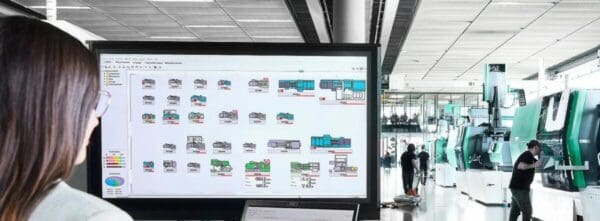
Arburg Discusses Latest Additive Manufacturing Highlights
Additive manufacturing is becoming an indispensable tool for innovative manufacturing applications, and in this article Arburg highlights some of its key additive manufacturing projects from the last twelve months, utilising the Arburg Freeformer.
Design freedom, less weight and material, individuality, high efficiency – additive manufacturing is an indispensable process for innovative applications, particularly in the medical sector. A unique selling point of Arburg Plastic Freeforming (APF) with the freeformer is that the same plastic granulates can be used as for conventional injection moulding.
With its decades of expertise in plastics processing and size 200-3X and 300-3X Freeformers, Arburg offers experts and beginners innovative solutions for additive manufacturing (AM). This article describes the latest developments.
Freeformer 300-3X processes PEEK for the first time
Arburg’s range includes a Freeformer 300-3X that is specially designed for processing high-temperature plastics. The machine’s build chamber can be heated to 200°C – meaning that the range of materials for the APF process also includes plastic granules based on polyetherimide (PEI) such as medically and for aerospace applications approved Ultem. Optimised temperature management provides the necessary cooling for the system.
At Formnext 2021, ‘Vestakeep® i2 G’, the original PEEK plastic granulate from Evonik, was processed to form customised cranial bone implants for the first time. The Freeformer is also of interest when it comes to practical use in medical technology because the process quality can be reliably documented and each part clearly traced – as Arburg demonstrates with ‘ProcessLog’, its new customer portal app. It allows a wide range of process and build job data for APF parts to be clearly displayed in graphic form and for documentation purposes.

Wilson: Customised baseball bats
More and more customers from the AM sector are using the Freeformer to additively manufacture parts with added value. Whether they are using flexible and functional soft material, adhesive compounds, or original medical granulate, the APF process offers freedom in terms of material and geometry. The renowned US sporting goods manufacturer uses the Freeformer to refine its mass-produced articles according to customer specifications. A baseball bat with a customised cap in a hard/soft combination is an example to illustrate this.
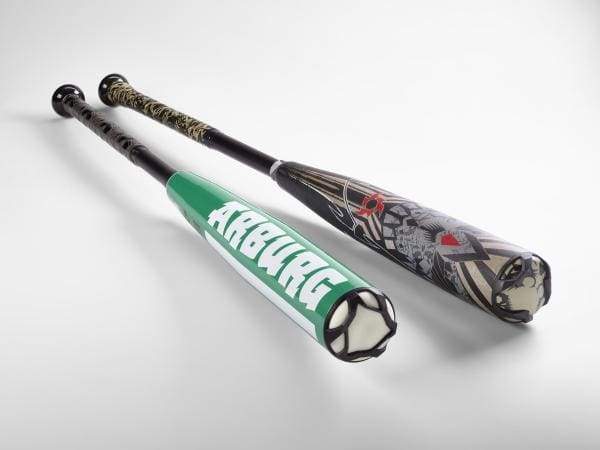
tesa: Freeformer processes adhesive granulate
World-famous manufacturer of self-adhesive system solutions tesa uses the Freeformer to process adhesive in the form of granules. Since 2019, the tesa experts have been using the APF process to develop and produce adhesives that are only one or a few layers thick. These offer great potential for the glass cover moulding of smartphones. The idea is to use adhesives to bond the individual components as a resource-saving alternative to the large-scale punching of sheets coated with adhesive.
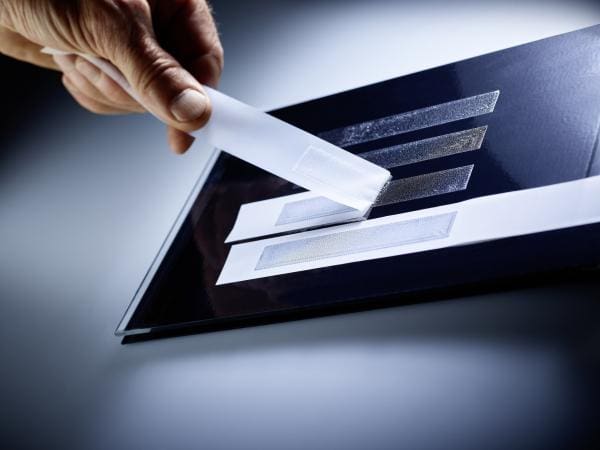
Thick-walled functional parts made of PP
The APF process is also ideal for sophisticated AM parts made of semi-crystalline PP. Even thick-walled parts can be additively manufactured from original PP and support material without significant distortion. The properties are comparable to those of injection moulded parts. Sophisticated designs and complex geometries can also be realised. For example, the Freeformer can produce prototypes of fatigue-resistant film hinges and flip-top closures that can be bent thousands of times in functional tests without breaking. Arburg also offers Armat 12, a water-soluble support material especially for PP, which is simply dissolved in a water bath later on without the need for manual finishing work.
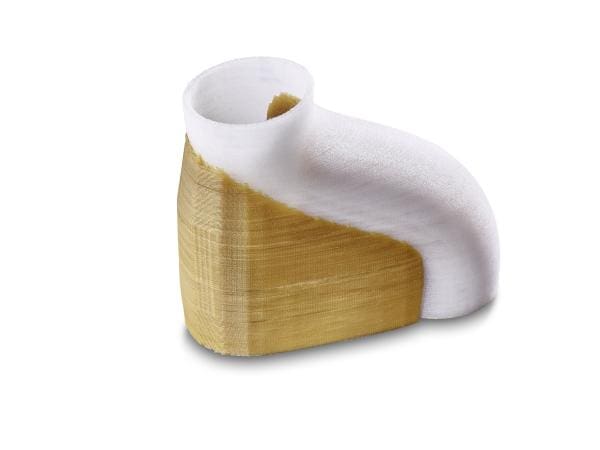
APF process: Open to new materials
The APF process can even be used to process materials that were previously excluded from additive manufacturing, using a part made of semi-crystalline PBT as an example. The material is flame-retardant and puncture-proof and is suitable for electronic housings. In cooperation with Arburg, Balluff and Fraunhofer IPA, a Freeformer produced customised sensors. For this purpose, a housing made of PBT was additively manufactured and the process was occasionally interrupted in order to manually insert the coil, circuit board and connector and to create conducting paths.
No less innovative are functional materials that specifically integrate additional properties into parts. With the ‘light sticks’ additively manufactured by Frauenhofer ICT, electrically conductive carbon nanotubes (CNTs) were compounded into the plastic PC/ABS. The two-component functional part is both flexible and electrically conductive so that an inserted LED lights up when power is supplied.
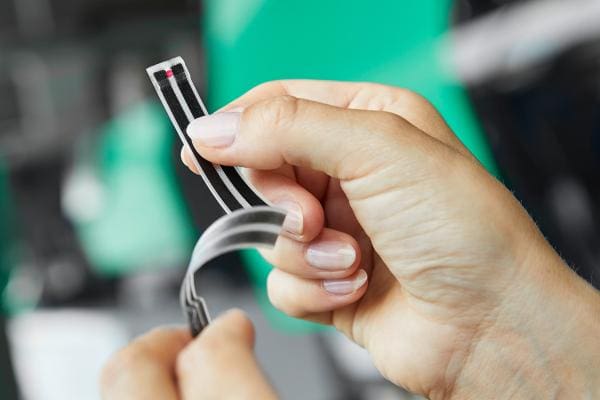
Visit www.arburg.com/en/ to find out more about Arburg and its products and services. Alternatively, click here to read more news from Arburg.

Arburg
(0) 19 26 45 70 00
Website
Email
